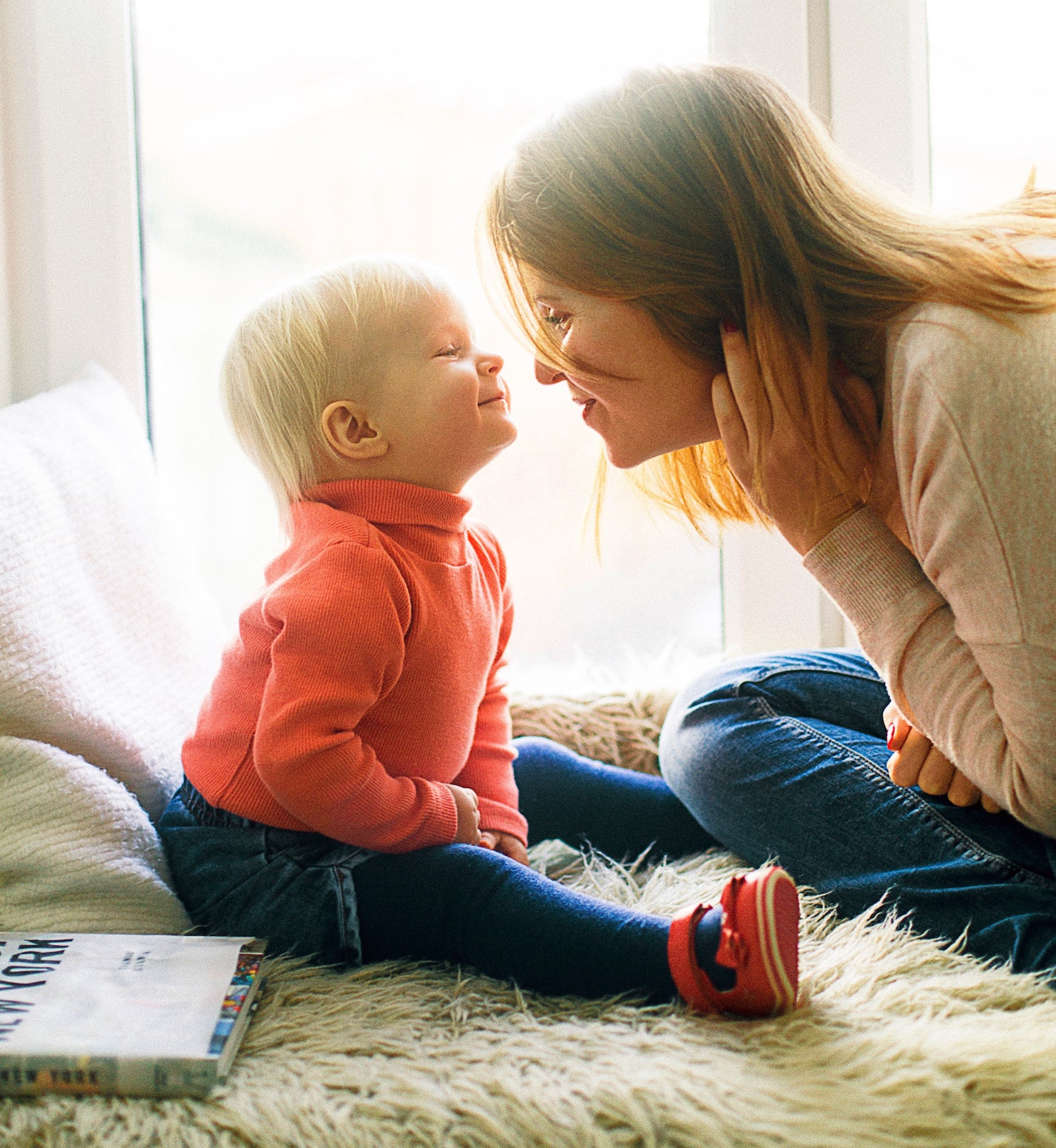
Positive parenting is an approach that focuses on nurturing, guiding, and supporting children with empathy, respect, and consistent boundaries. By fostering a warm and responsive relationship, parents can create a safe environment where children feel valued and understood—laying the foundation for healthy development and lifelong well-being.
In this article, you’ll learn about developmental milestones, including emotional and social development, for babies from birth to one year of age and about the many things you can do to help your baby stay safe and healthy.
Developmental milestones
Skills such as taking a first step, smiling for the first time, and waving “bye-bye” are called developmental milestones. Most children achieve these milestones by a certain age. Children reach milestones in how they play, learn, speak, behave, and move (such as crawling, walking, or jumping).
In the first year, babies learn to focus their vision, reach out, explore, and learn about the things around them. Cognitive, or brain development means the learning process of memory, language, thinking, and reasoning. Learning language is more than making sounds (babbling) or saying “ma-ma” and “da-da.” Listening, understanding, and knowing the names of people and things are all a part of language development.

During this stage, babies form bonds of love and trust with their parents and others shaping their social and emotional development. The way parents cuddle, hold, and play with their baby will set the basis for future interactions with them and others.

Positive parenting tips
Following are some things you, as a parent, can do to help your baby during this time:
- Talk to your baby. They will find your voice calming.
- Answer when your baby makes sounds by repeating the sounds and adding words. This will help them learn to use language.
- Read to your baby. This will help them develop and understand language and sounds.
- Sing to your baby and play music. This will help your baby develop a love for music and will help their brain development.
- Praise your baby and give them lots of loving attention.
- Spend time cuddling and holding your baby. This will help them feel cared for and secure.
- Play with your baby when they’re alert and relaxed. Watch your baby closely for signs of being tired or fussy so that they can take a break from playing.
- Distract your baby with toys and move them to safe areas when they start moving and touching things that they shouldn’t touch.
During this stage, babies form bonds of love and trust with their parents and others shaping their social and emotional development. The way parents cuddle, hold, and play with their baby will set the basis for future interactions with them and others.
Take care of yourself physically, mentally, and emotionally.
Parenting can be hard work! It is easier to enjoy your new baby and be a positive, loving parent when you are feeling good yourself.
Child safety first
When a baby becomes part of your family it is time to make sure that your home is a safe place. Look around your home for things that could be dangerous to your baby. Take the necessary steps to make sure that you are mentally and emotionally ready for your new baby. Here are a few tips to keep your baby safe:
- Do not shake your baby―ever! Babies have very weak neck muscles that can not yet support their heads. If you shake your baby, you can damage their brain or even cause their death.
- Make sure you always put your baby to sleep on their back to prevent sudden infant death syndrome (known as SIDS).
- Protect your baby and family from secondhand smoke. Do not allow anyone to smoke in your home.
- Prevent your baby from choking by cutting their food into small bites. Also, don’t let them play with small toys and other things that might be easy for them to swallow.
- Don’t allow your baby to play with anything that might cover their face.
- Never carry hot liquids or foods near your baby or while holding your baby.
- Vaccines (shots) are important to protect your child’s health from serious diseases. Talk with your child’s doctor to make sure your child is up-to-date on their vaccinations.

All children develop at their own individual pace. For some children differences or delays may be more temporary, others may benefit from professional support. Check out our article to gain a better understanding of five important areas of development and when to consider seeking help.
Healthy bodies
Breastfeeding is the natural way to feed your baby. Breast milk meets all your baby’s needs for about the first 6 months of life. Between 6 and 12 months of age, your baby will learn about new tastes and textures with healthy solid food. However, breast milk should still remain an important source of nutrition.
- Feed your baby slowly and patiently, encourage them to try new tastes but without force, and watch closely to see if they’re still hungry.
- Keep your baby active. They might not be able to run and play like the “big kids” just yet, but there’s lots they can do to keep their little arms and legs moving throughout the day.
- Getting down on the floor to move helps your baby become strong, learn, and explore.
- Try not to keep your baby in swings, strollers, bouncer seats, and exercise saucers for too long.
- Limit screen time. For children under 18 months of age, the American Academy of Pediatrics (AAP) recommends that babies do not use any screen media other than video chatting.
- Make sure your child gets the recommended amount of sleep each night: For infants 4–12 months of age, 12–16 hours per 24 hours (including naps).
Source: Centers for Disease Control and Prevention | Positive Parenting Tips: Infants (0–1 years), https://www.cdc.gov/child-development/positive-parenting-tips/infants.html | Public domain. Published May 2024. Retrieved May 2025.





